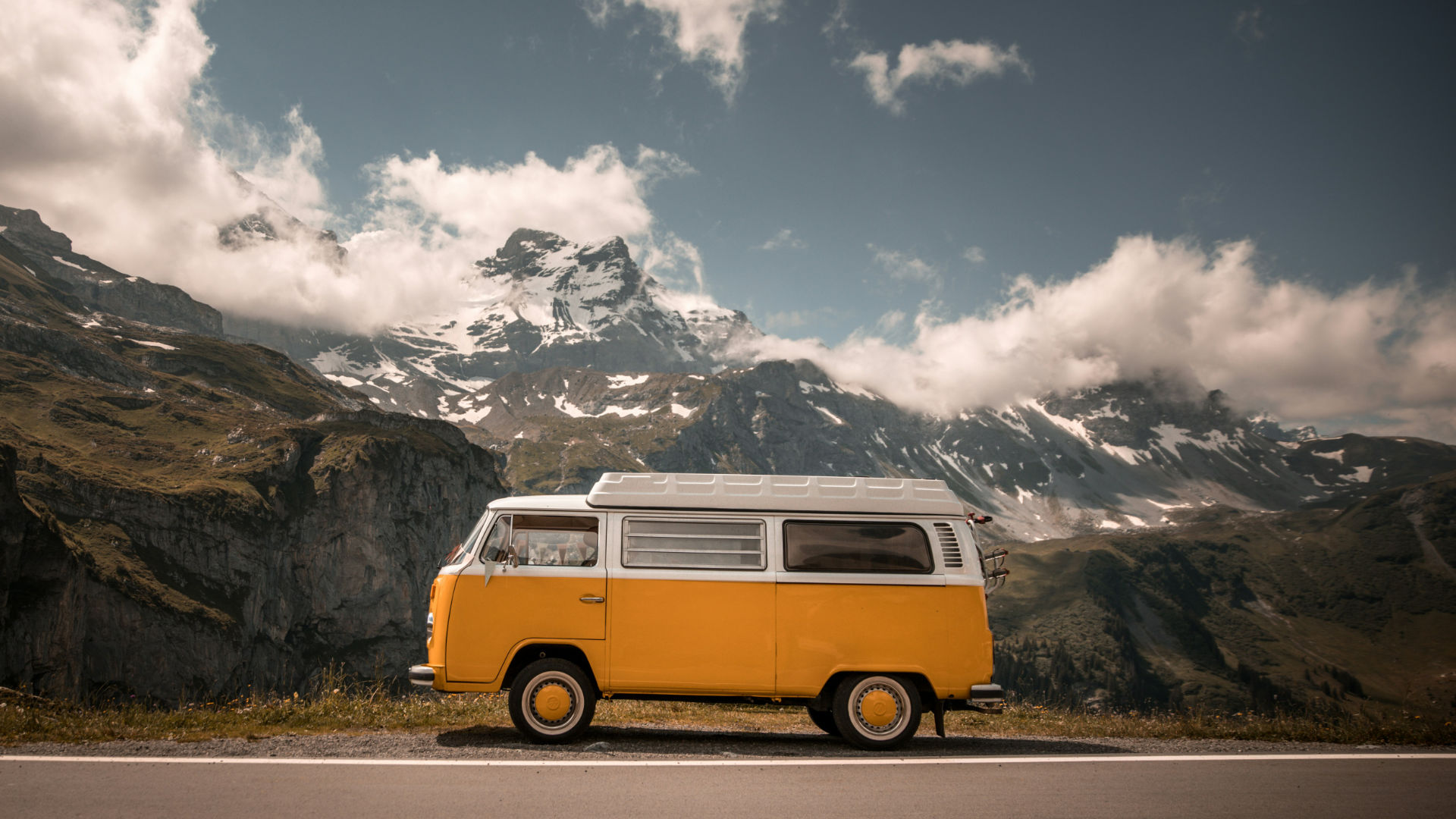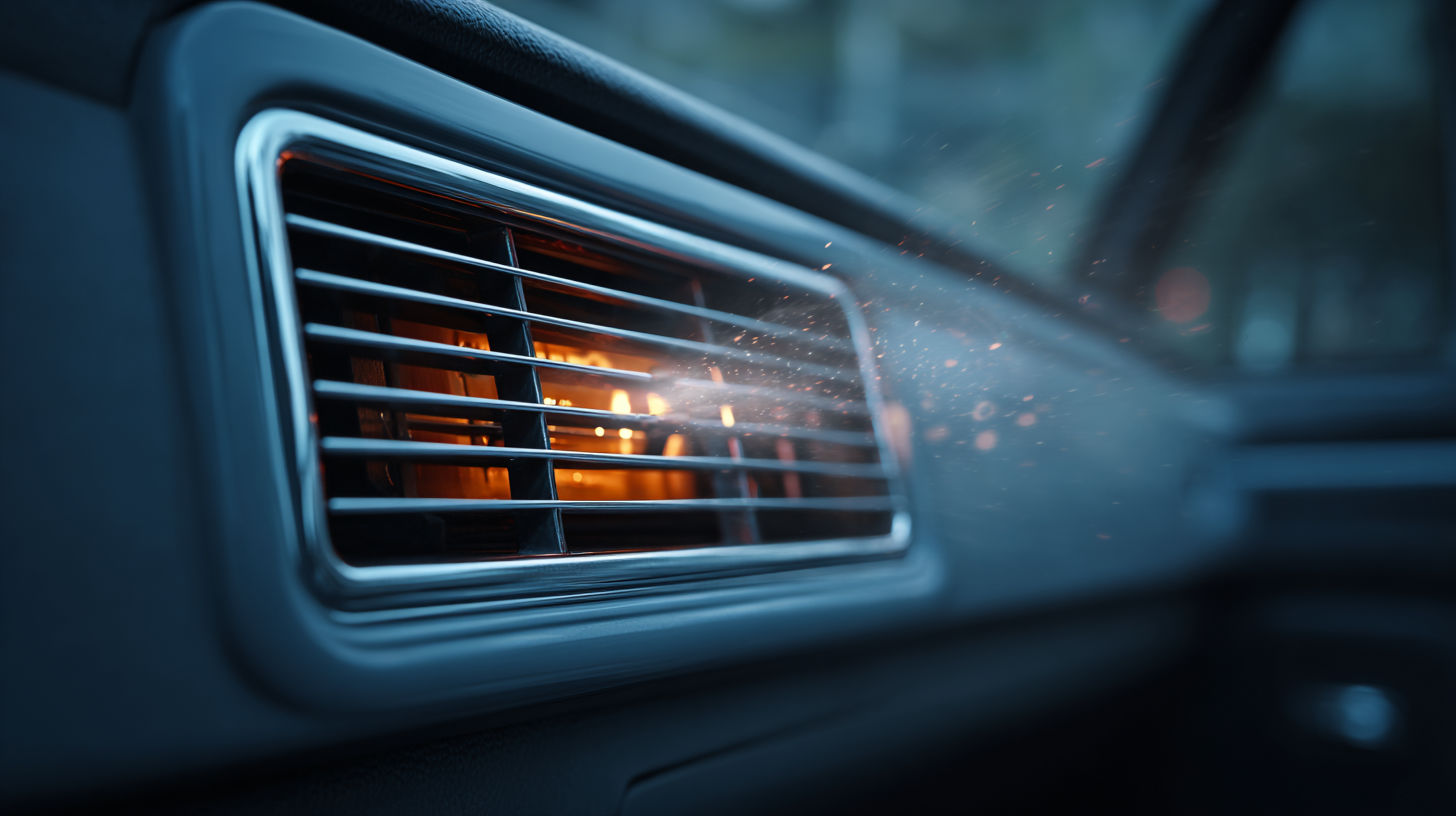Campervan Rental vs. Car Rental: Which Is Best for Your Next Trip?

When planning a road trip or holiday, one of the biggest decisions is choosing between renting a campervan or renting a car. Both options offer freedom and flexibility, but they come with very different experiences, costs, and challenges. Should you embrace van life with a home on wheels, or stick to the convenience of a regular car with hotel stays along the way?
In this guide, we’ll dive deep into the pros and cons of campervan rental vs. car rental, helping you decide which option best fits your travel style.
Why This Choice Matters
Your decision will shape your entire trip. Renting a campervan means combining transport and accommodation into one – a rolling home that lets you stop almost anywhere. Renting a car, on the other hand, often means greater flexibility, better fuel efficiency, and more comfort when driving long distances.
The Case for Campervan Rental
Advantages of Renting a Campervan
Freedom and flexibility
Sleep wherever it’s allowed – by a lake, in the mountains, or at a campsite.
Change your plans last-minute without worrying about hotel bookings.
All-in-one travel solution
Your vehicle doubles as your accommodation and sometimes even as your kitchen.
Saves time on checking in and out of hotels.
Closer to nature
Wake up with mountain views, watch the sunrise by the beach, or camp in a forest.
Ideal for travelers who value outdoor living.
Great for families or groups
Everything is in one place: sleeping space, cooking equipment, and storage.
Kids often love the adventure of sleeping in a camper.
Community and lifestyle
Campervan travel has a unique culture. Campsites and van communities create opportunities to meet like-minded travelers.
Disadvantages of Renting a Campervan
Higher cost
Rental prices are often higher than cars, especially in peak season.
Campsites or overnight parking can also add up.
Fuel consumption
Campervans are heavier and less aerodynamic, meaning higher fuel costs.
Parking and driving limitations
Harder to park in cities and tight roads.
Some areas have restrictions on overnight parking.
Comfort trade-offs
Smaller beds, basic showers, or shared campsite facilities.
Less space than a hotel room.
The Case for Car Rental
Advantages of Renting a Car
Lower rental and fuel costs
Generally cheaper to rent than a campervan.
Better fuel efficiency, especially for long-distance trips.
Flexibility with accommodation
Choose hotels, B&Bs, or Airbnb – more comfort and amenities.
Easier to find last-minute stays compared to limited campervan spots.
Easier to drive and park
Compact size makes it ideal for city driving and narrow roads.
Stress-free parking compared to maneuvering a van.
Comfort on the road
Modern cars often provide smoother driving, air conditioning, and better technology.
Choice of vehicle type
From small economy cars to SUVs or luxury cars, there’s more variety.
Disadvantages of Renting a Car
Accommodation costs
You’ll need to pay for hotels or other stays every night.
Popular destinations may require advance bookings.
Less spontaneity
Harder to change plans on the go if hotels are booked.
No option to simply “stay where you are.”
Less outdoor experience
You’ll spend nights in towns or hotels, not in nature.
Less of that adventurous “road life” feeling.
Cost Comparison: Campervan vs Car Rental
Rental price: Cars are usually cheaper, especially for short trips. Campervans make more sense for longer holidays.
Fuel: Cars are more fuel-efficient; campervans consume significantly more.
Accommodation: Hotels can become expensive, while campervan camping costs vary (from free wild camping to paid campsites).
Food: Campervans allow cooking on board, which saves on restaurant meals. Car renters depend more on restaurants or accommodations with kitchens.
👉 Rule of thumb: Campervans may save money if you’re traveling as a family or group for several weeks. Cars are generally cheaper for short trips or couples who prefer hotel comfort.
Best Situations for Campervan Rental
Long trips (2+ weeks) where combining accommodation and transport saves money.
Nature lovers who want to wake up by lakes, mountains, or beaches.
Families with kids who enjoy flexibility and the adventure of van life.
Travelers who want to cook their own meals on the road.
Best Situations for Car Rental
Shorter trips (a few days to a week).
Travelers who prefer comfort and convenience of hotels.
City trips or itineraries with lots of urban destinations.
Couples who don’t need extra space.
Practical Tips for Choosing
Book early: Especially in summer, campervans sell out quickly.
Check insurance: Make sure your rental covers accidents, breakdowns, and theft.
Plan your route: Campervans require campsites or legal parking; cars need hotel reservations.
Consider driving style: Nervous drivers may feel more comfortable in a smaller rental car.
Think about your budget: Include not just rental costs, but also fuel, tolls, parking, and accommodation.
Final Thoughts: Campervan vs Car Rental
Both campervans and rental cars offer freedom to explore at your own pace, but the experience is completely different.
Choose a campervan if you love adventure, nature, flexibility, and don’t mind a bit less comfort.
Choose a rental car if you prefer convenience, comfort, city trips, and a lower budget.
Whichever option you choose, a road trip is one of the best ways to discover a country. Whether you sleep under the stars in a camper or in a boutique hotel after a day’s drive, the journey will be unforgettable.
Do you want to rental a car?
- Try MarSoleil.com

